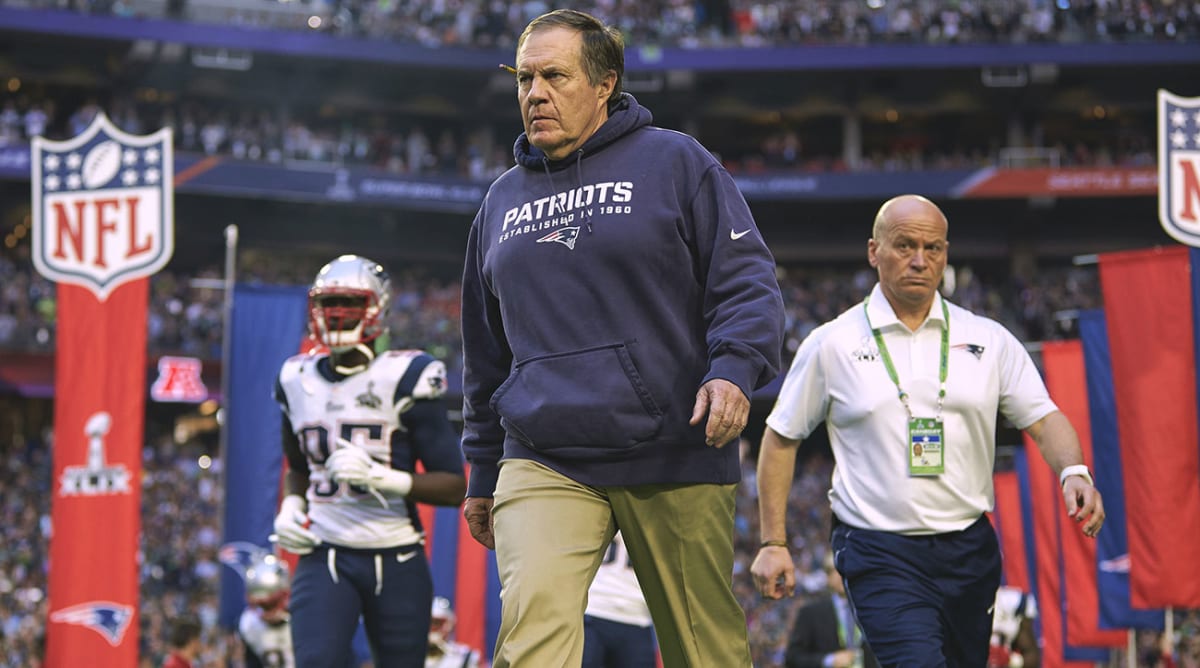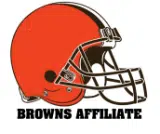Bill Belichick and the New England Patriots are parting ways, as the coach will now seek employment elsewhere for the first time in almost a quarter century. Belichick, who will turn 72 in April, remains one of the great football minds in sports history, an elite defensive game-planner whose thoroughness in understanding opponents and ability to throw them massive curveballs is counterbalanced only by his philosophies as both a manager and personnel executive.
Five years ago Belichick on the open market would have unleashed a frenzy of activity. Now, Belichick, like his former quarterback Tom Brady will enter more tepid waters as franchises ask themselves a question similar to the one they did in 2020, when Brady approached free agency: What does this person have left, and who is this person outside the confines of New England?

Al Tielemans /Sports Illustrated
Belichick’s ideal setup is straying further and further from NFL norms. The All-Powerful Head Coach has given way to a more funneled system of personnel management that ties coaches and general managers together and attempts to create a system in which the team drafts players who are directly applicable to the scheme. (While New England’s system is technically that, Belichick has struggled mightily, especially on offense, to stockpile playmakers and keep a formidable offensive line after the early 2020 retirement of legendary offensive line coach Dante Scarnecchia.) The most intimate connections between front office and coach, like we’ve seen in Cincinnati and San Francisco, for example, have yielded consistent success.
Aside from Sean Payton in Denver, we have seen a distinct shift away from coaches who enter the building more powerful than the organization itself. It is much cheaper, and less of a hassle, to cycle through Offensive Play-Caller Du Jour and replace bodies when the losing mounts.
Like Brady, whose signing in Tampa triggered the influx of personal health coaches and custom playbooks, Belichick is the ultimate gravitational pull as a hire. Despite preaching a mantra of anonymity, whichever building inherits him next will need to kowtow to more than 50 years of experience, for better or worse.
In theory, this limits the candidate pool. Of the seven openings we know of so far, one (Washington Commanders) is a complete unknown, though calls made around the coaching industry have suggested that the new ownership group wants to create something reminiscent of both the Eagles’ and Ravens’ structure and may not be interested in someone like Belichick. One (Carolina Panthers) is being run by David Tepper, an owner with a short fuse and a penchant for getting involved in team affairs. One (Los Angeles Chargers) has not hired a coach with a longstanding track record as an offensive coordinator since the early 2000s and possesses a potential top-five quarterback in Justin Herbert. And one (Las Vegas Raiders) is manned by a direct descendant of one of the NFL’s founding fathers. Mark Davis, who is more hands off than his father, Al, has shown a preference for coaches who can come in with something more than a playbook. His past two hires, Jon Gruden and Josh McDaniels, suggest as much. The hiring of McDaniels and former Patriots executive Dave Ziegler (as well as the offering of an ownership stake to Brady) at least hints at an affinity for the Patriot Way. Perhaps Belichick would be attractive to an owner who, like Belichick himself, feels pressed for time and wants to find success right away. Not all hires are made with the long term in mind. One could stand to reason that teams overseen by Jerry Jones, should he make a coaching change in Dallas, or Arthur Blank in Atlanta could be logical destinations for Belichick. The Falcons parted ways with Arthur Smith earlier this week in an effort to expedite a rebuild that began at the finale of the Matt Ryan era back in 2021. A fun fact: Belichick was born in Nashville, where there is currently an opening, but if the Titans could not stomach Mike Vrabel’s desire to be the voice of the organization, imagine how they would recoil at the idea of a Belichick candidacy.
And so, this is the world Belichick walks into. As it was with Brady, it’s entirely possible that we will all be embarrassed by how quickly the best of Belichick’s skill set translates to a new environment and how readily we dismissed that possibility. Imagine Don Shula’s win record (Belichick is currently 26 regular-season wins away from tying the all-time mark set by the Dolphins legend) falling in two years.
Or we could simply be seeing the expiration of a certain way of operating.
In between, there are myriad factors that could change the way a Belichick tenure works out. What is he willing to change that, due to the power balance in New England, he never had to? (He almost certainly cannot show up somewhere with McDaniels and Matt Patricia in tow.) What is a new owner willing to give up in terms of contractual power, or, behind the scenes, the amount of control they have over day-to-day operations? What kind of cachet does he carry, as teams pivot more toward former players turned coaches, who tend to enter locker rooms with a higher degree of buy-in immediately?
In search of a non-asterisked legacy, in search of staving off retirement, in search of compiling every relevant record and placing a stranglehold on the question of who is the best, Brady had to risk the potential of being labeled a product of Belichick before finding what he was looking for.
This is where Belichick’s and Brady’s paths truly diverge: Now (even though, quick aside, I have long subscribed to the theory that Brady and Belichick made each other, and neither career would be possible without their simultaneous existence in that particular place and at that particular time) the head coach must prove that his method can be successful elsewhere in the face of mounting skepticism. Now the head coach is gambling the final word of his own professional football life and narrative. It represents the ultimate lottery scratch for a true competitor, especially because we know that the hyper-cyclical nature of the sport can make someone a genius one day and expendable the next.
The Patriots, in so many words, have deemed Belichick expendable. Now, he can make them look either foolish or brilliant in a way they were not when it was time to decide Brady’s final chapter.

















